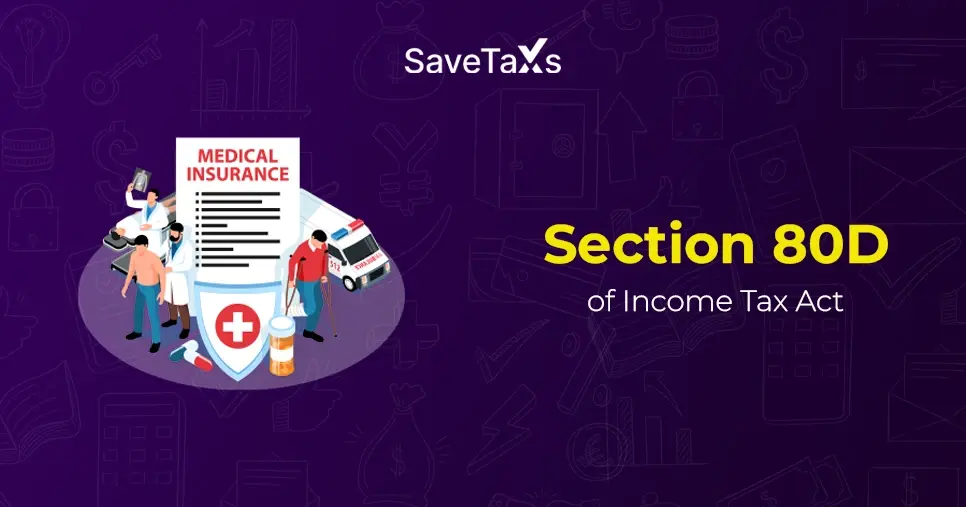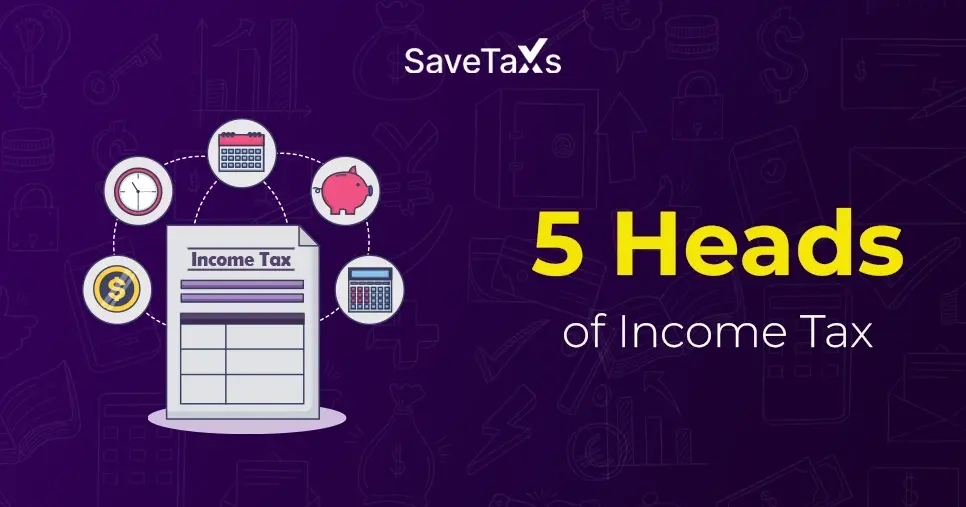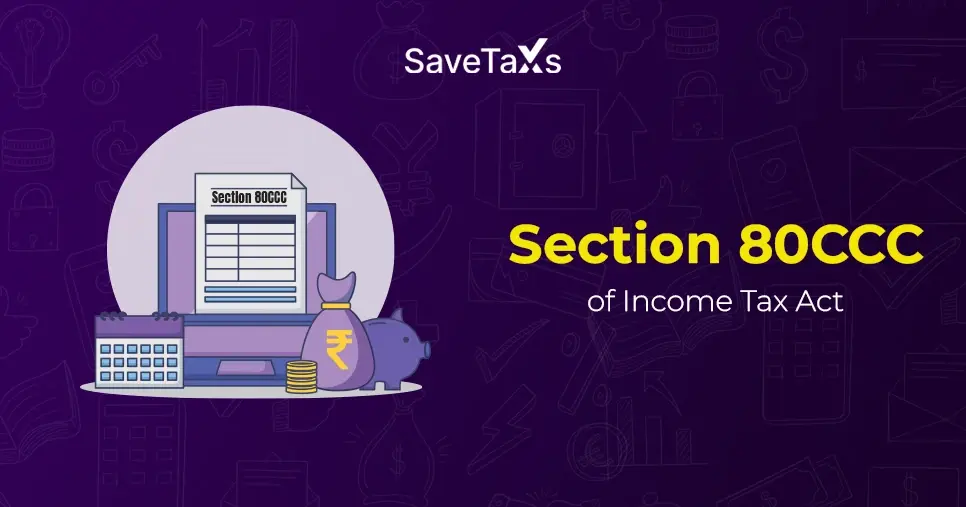Indian citizens working abroad and funding a foreign pension often face potential double taxation when they come back to India. India taxes income on an increasing basis, so residents may be taxed on income earned in foreign retirement accounts if they don't withdraw the money. This taxation created a financial burden on those individuals who plan to use their retirement income in the future. The taxpayers were facing issues in claiming the foreign tax credit (FTC) due to the mismatch in the year. Additionally, claiming the DTAA (Double Tax Avoidance Agreement) benefit was also challenging in this situation.
To address this situation, the Finance Act 2021 introduced a new section 89A into the Income Tax Act, 1961, to provide relief to individuals who receive income from foreign retirement benefits accounts. This section is available for Indian tax residents who were working overseas but are now tax residents of India and have retirement funds accumulated in the form of 401 (k), IRA, etc. Let's discuss in detail what section 89A of the Income Tax Act (ITA) is.
What is Section 89A of the Income Tax Act?
Introduced in 2021, Section 89A is a provision within the Income Tax Act of 1961 that was initiated to provide tax relief to Indian residents with income arising from foreign retirement accounts. The main aim of Section 89A is to handle the issue of double taxation for NRIs returning to India. Generally, India taxes income on an accrual basis, meaning that even if you have not withdrawn money from your foreign retirement account yet, the income earned within that account will still be subject to taxation in India.
For example, an individual worked with a company in the USA for nearly 20 years. He was an NRI till the financial year 2021-2022. He started investing in a retirement benefits account in the USA while he was an NRI. In FY 2022-2023, he came back to India and became a resident Indian for FY 2022-2023.
Since he was an NRI, the income accrued in his retirement benefits account for up to FY 2021-2022 was not liable to any taxes. However, for FY 2022-2023, he is considered an Indian resident; therefore, the accruals in the retirement benefits accounts in the USA will be subject to taxation in India, like dividends, interest, and capital gains. On the contrary, income from the retirement benefits account will be taxed in the USA as well, on a receipt basis (i.e., the year of receipt).
Given that no tax was paid in the USA for the financial year 2021-2022 (from January to March), he doesn't have the option to claim a foreign tax credit against his Indian tax liability for FY 2021-2022. According to Section 89A, the income earned from an account that is opened in a foreign country will not be liable to taxes based on accrued income. The foreign country will be responsible for taxing his income at the time of withdrawal. The change is effective from April 1, 2021, and will be applicable from the Assessment Year (AY) 2021-2022 and subsequent assessment years.
As per Section 89A, the Central Government verifies how and in which year a specified individual's income from a specified account will be taxed. Specified person means a resident who opened a designated account in a recognized country while being a resident of that country and an NRI.
The notified countries under Section 89A of the Income Tax Act (ITA), according to the Central Board of Direct Taxes (CBDT), are:
1. Canada.
2. United Kingdom.
3. United States of America.
Under Section 89A, the Central Board of Direct Taxes has also notified Rule 21AAA and Form 10-EE for NRIs to claim relief regarding the income from foreign retirement funds.
If you want to understand the benefit of Section 89A, it is vital to learn about the two main approaches to income taxation that are accrual and receipt basis:
- Receipt Basis: Under this method, income is taxed in the year it is actually received or withdrawn.
- Accrual Basis: Income will be taxed in the year it's earned, irrespective of when it's actually received.
Section 89A permits residents who receive income from specified foreign retirement accounts to avail themselves of a receipt-based taxation approach for such accounts. It means that they will not be liable for taxes on the income earned in these accounts until a withdrawal is made.
How Does Section 89A of the IT Act Work?
One significant benefit of Section 89A of the ITA is that the income from specified foreign retirement accounts is subject to taxation in India only when it's taxed in the foreign country after withdrawal. It avoids the burden of double taxation that might occur under the traditional accrual-based system. Here is how Section 89A of the ITA works:
Specific Accounts and Countries
- A specified account refers to a government-sponsored or employer-sponsored retirement plan, such as 401 (k)s and IRAs.
- Under Section 89A, only income from retirement accounts that are maintained in countries notified by the Indian government is eligible to avail of the relief. The retirement account itself must be a "specified account". As of now, the US, the UK, and Canada have been notified.
Tax Deferment
- When an individual opts for Section 89A, the income generated within these specified accounts will not be subject to taxation in India every year. This delays any tax liability until the individual withdraws money from the account in the foreign country.
According to Rule 21AAA, any income that occurs in the overseas retirement benefits account during a financial year will be included in your total income for that year in India. However, the tax section on such income is deferred under Section 89A. The actual tax liability will shift to the year in which the income is taxed on withdrawal or redemption in the notified country. Such income is ultimately taxed in the nation where the retirement account is maintained.
The taxable income shall exclude the following:
- Tax-exempt income due to a Double Tax Avoidance Agreement (DTAA) between India and a foreign country is not taxed.
- Income that has already been taxed under the Income Tax Act (ITA) in the previous year is not taxed again.
- Income that was not taxable in India during the year it was received because of your residency status. It means either Non-Resident (NR) or Resident, but not Ordinarily Resident (RNOR).
Claiming Relief Through Form 10-EE
An individual has to file Form 10-EE through the e-filing portal of the Income Tax Department to claim tax relief under Section 89A. The form must be submitted before filing the Income Tax Returns (ITR) for the relevant financial year. Once you claim this option, it will apply to income from the previous years as well and cannot be withdrawn, unless the income wasn't already taxed in India and will be taxed in the foreign country.
However, if the individual becomes an NRI after exercising Section 89A, the benefit will be considered as null for the year. Also, the income accrued in the specified account in the year you opted for the option might be taxable during the relevant previous year.
Reporting and ITR Forms
The recent ITR (Income Tax Return) forms have included updated Schedule S (salary details) and Schedule OS (Other Sources of Income). These sections enable taxpayers to claim tax relief under Section 89A, subject to the applicable rules. The individual will not have to report the gross income accrued in the specified account in the form os salary, capital gains, interest, or dividend income and can claim relief under Section 89A to defer tax on that income until the money is withdrawn.
If you have a retirement account in either the UK, the USA, or Canada, with your residential status being resident or ordinarily resident, and you receive income in the form of interest, dividends, and capital gains, which is collected in your retirement fund account. You want to postpone the taxation till the time of money withdrawal:
Step 1: Log in to the income tax e-filing portal.
Step 2: Look for the e-file option, in which you select income tax forms> file income tax returns.
Step 3: Click on Form 10EE from the list.
Step 4: Choose the AY (Assessment Year) in the selected form.
Step 5: Provide the required details in the "basic information and details of specific account" section.
Step 6: Click on "Download CSV template."
Step 7: Fill in the following details in the template:
- Your account number.
- Name of the notified country.
- Retirement fund's name.
- Year in which you opened the account.
- The previous year's balance in the retirement fund.
- How is income from a retirement account taxable in such a country?
- The year in which such an account is eligible for money withdrawal.
- Income from the account that is not taxable due to your residential status.
- What is the nature of income, i.e, salary, interest, dividend, etc.
- Any income apart from a retirement account that is already included in the ITR, depending on the accrual concept.
- Whether you have filed a return of income for the previous year.
Step 8: You shall upload the account statement of such retirement account as an attachment before you submit Form 10EE.
Who Can Claim Benefits Under Section 89A?
Section 89A is added to provide benefits to a specific group of taxpayers:
- Specified Account: This refers to a retirement benefits account maintained in a notified country for Section 89A, as determined by the Indian government. Currently, the US, the UK, and Canada are notified.
- Specified Person: This refers to a resident of India who opened a retirement account while residing outside India. It means that the individual was an NRI during that period.
What Are Some Examples of Qualified Foreign Retirement Accounts?
If you fulfill the criteria mentioned above and if you have maintained savings from your retirement income in a notified country in any of the following account types, then you can claim benefits from Section 89A:
- SIP (Self-invested Personal Pension): A personal pension plan in the United Kingdom
- RRSP (Registered Retirement Savings Plan): A retirement savings plan registered by the government in Canada.
- IRA (Individual Retirement Account): A personal retirement savings account plan in the US.
- 401 (k): Available in the US, an employer-sponsored defined-contribution retirement account.
Conclusion
The Indian tax regulations for retirement benefits account provide a more favourable opportunity to save and grow the funds from your retirement savings. With several tax exemptions and provisions, such as Section 89A, that postpone taxation on foreign retirement accounts until the money is withdrawn, it is vital to plan everything carefully.
Seeking assistance from professionals who are experts in cross-border taxation can help you understand these complexities easily. At Savetaxs, we have been helping people facing issues with such complexities for several years now. Our experts have over 30 years of experience, and therefore, they can offer the best guidance and assistance for every tax-related problem.
Note: This blog is for informational purposes only. The views expressed in this blog are personal and do not constitute the views of Savetaxs. Savetaxs or the author will not be responsible for any direct or indirect loss incurred by the reader for taking any decision based on the information or the contents. It is advisable to consult with either a Chartered Accountant (CA) or a professional Company Secretary (CS) from the Savetaxs team, as they are familiar with the current regulations and help you make accurate decisions and maintain accuracy throughout the whole process.
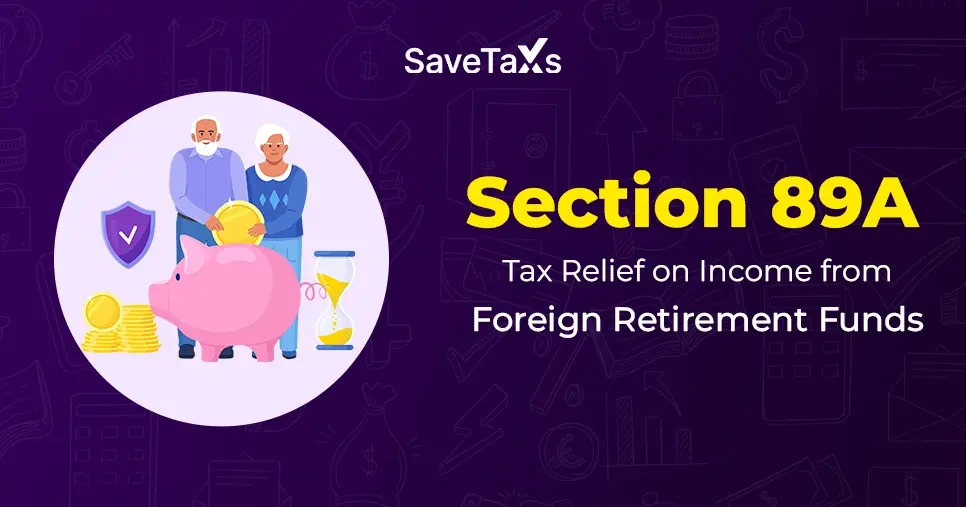
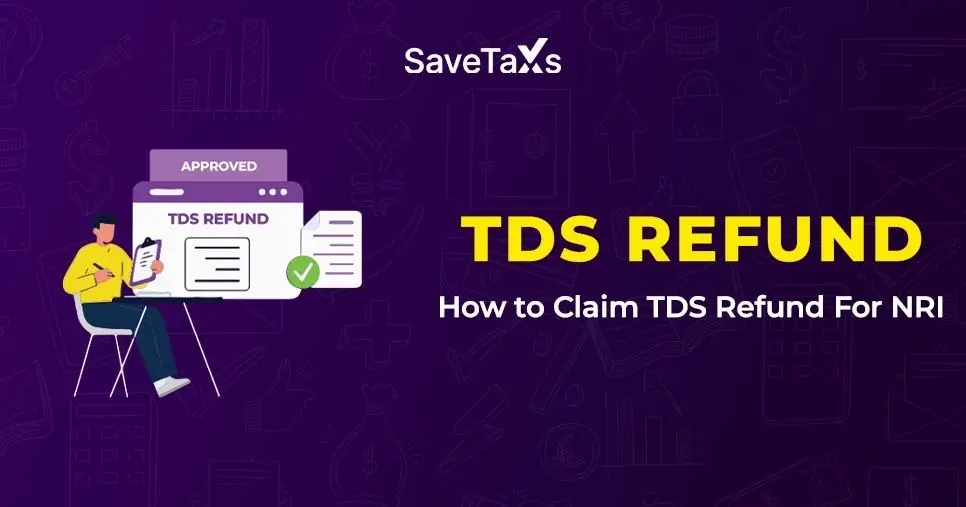
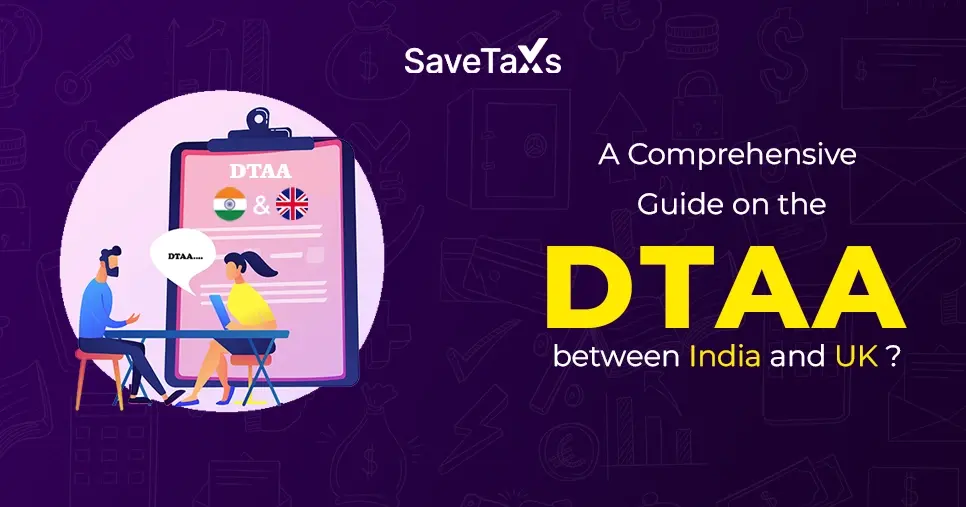
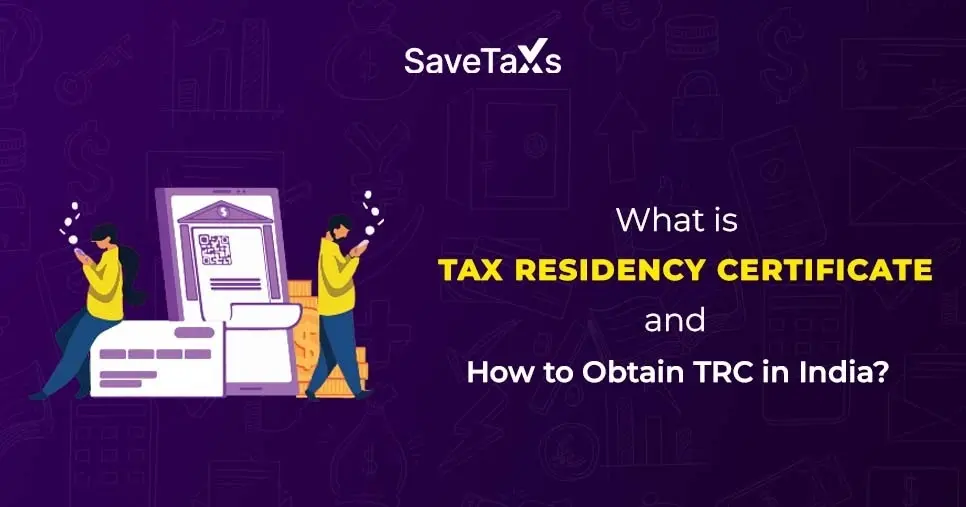
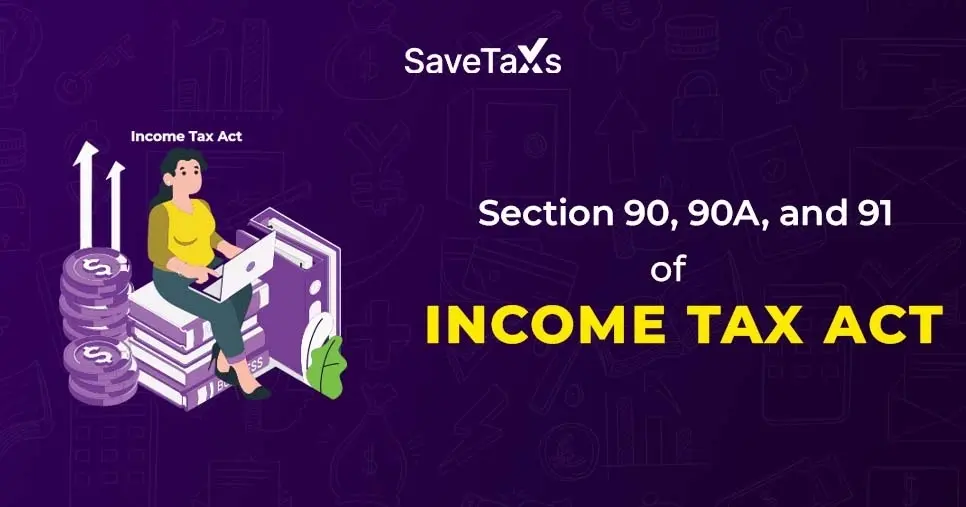
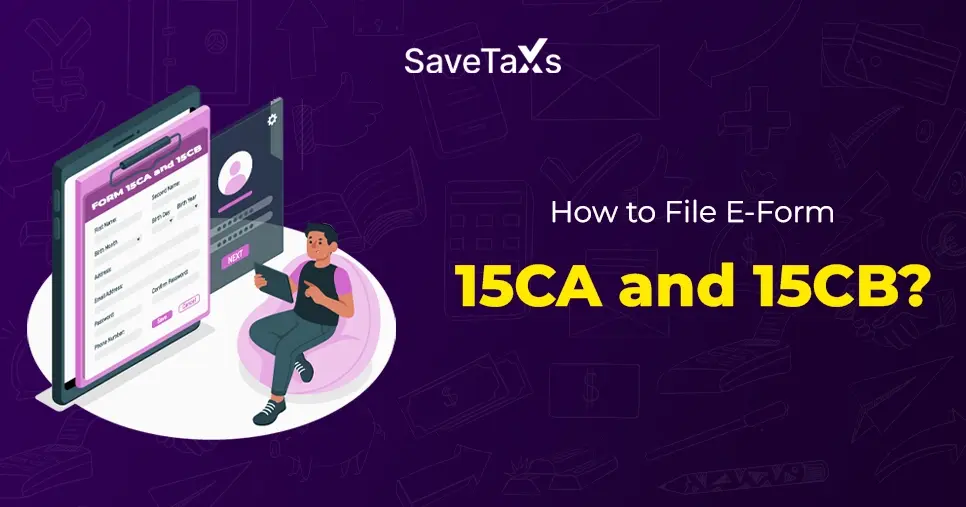
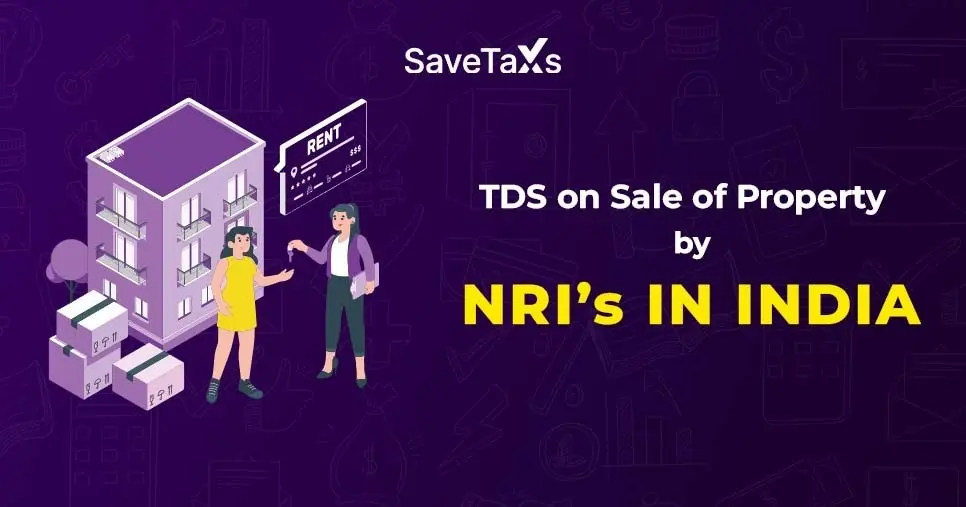
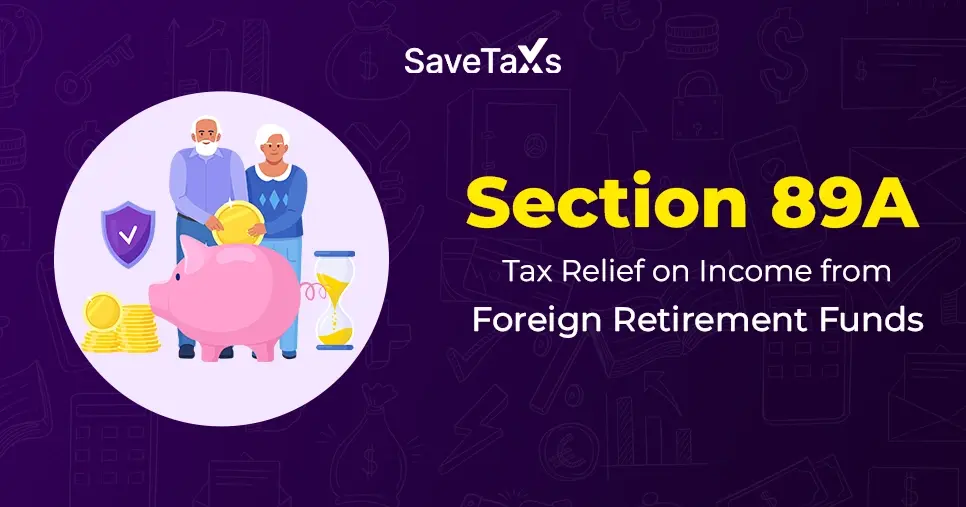
_1752921287.webp )
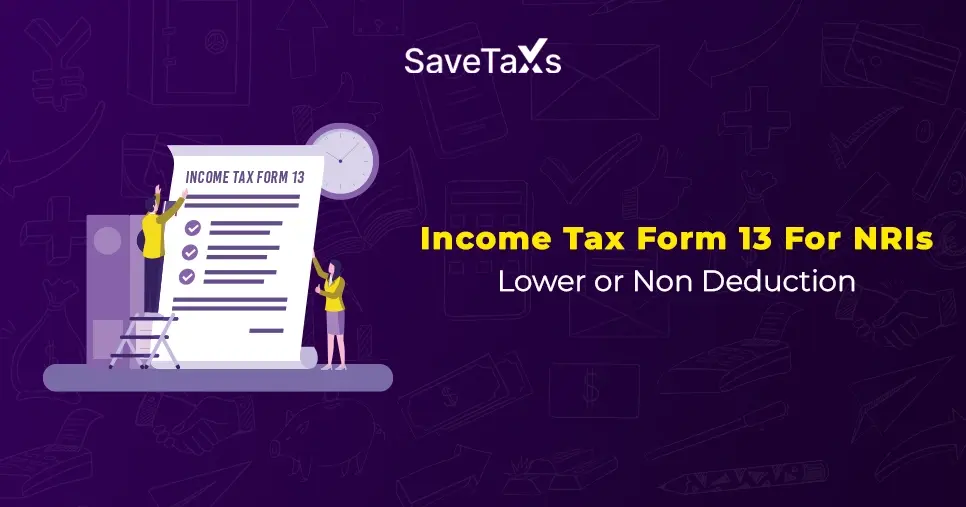
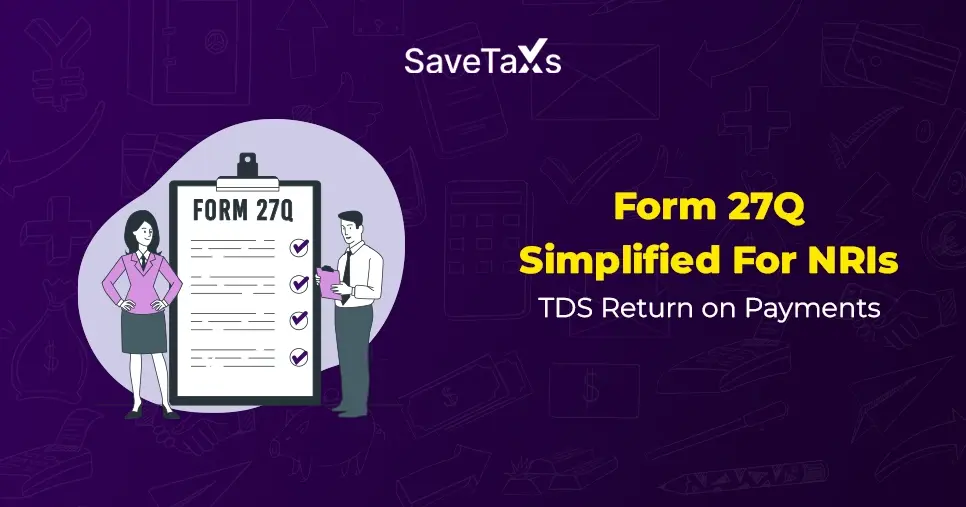
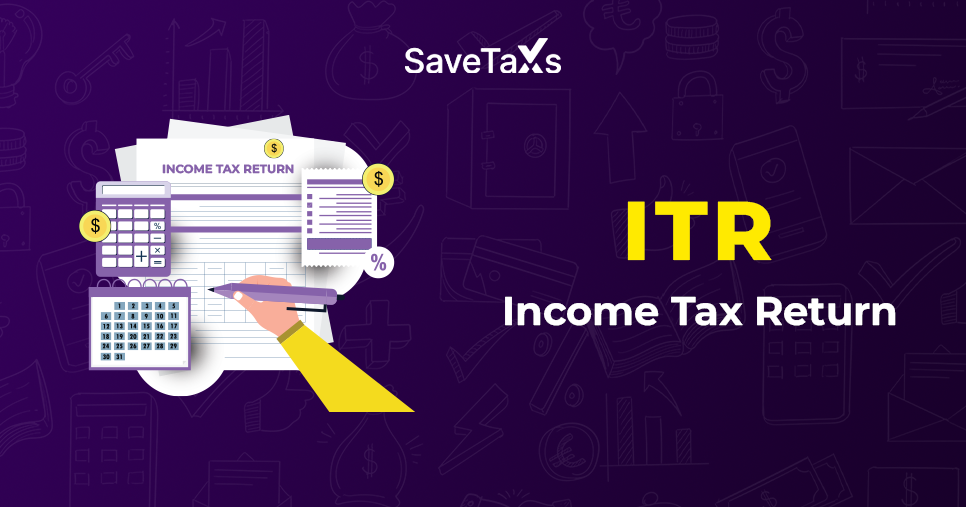
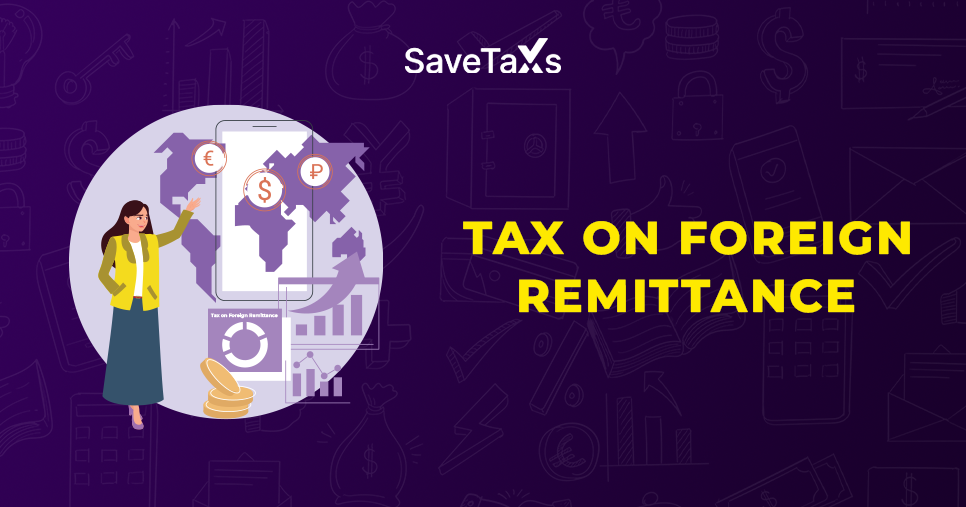
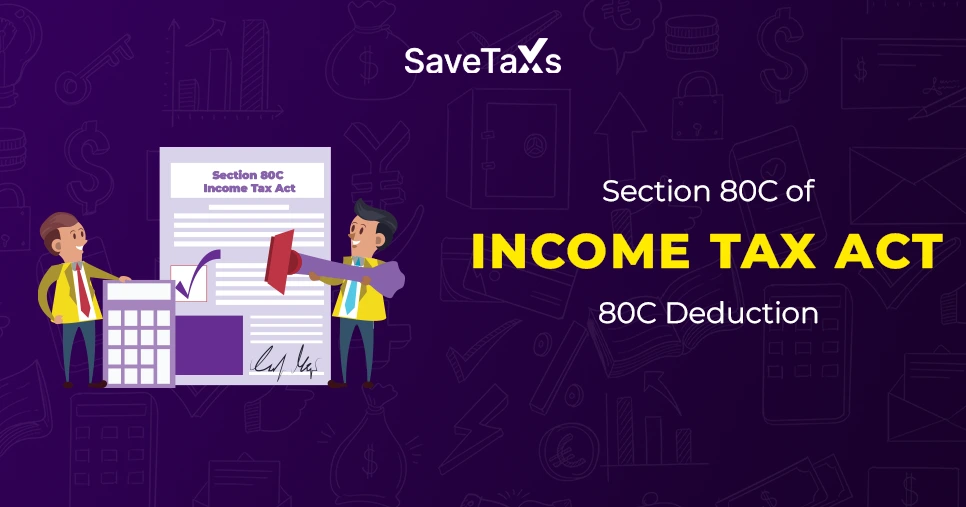
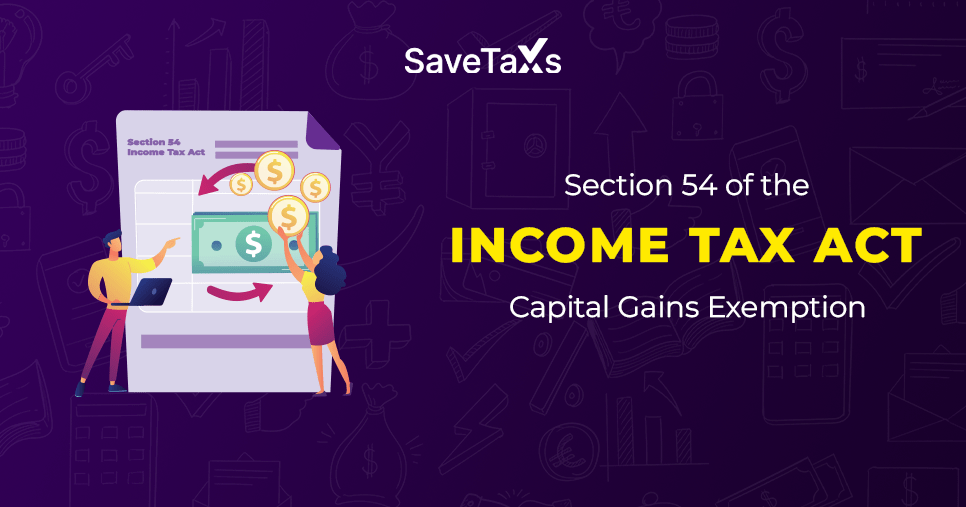
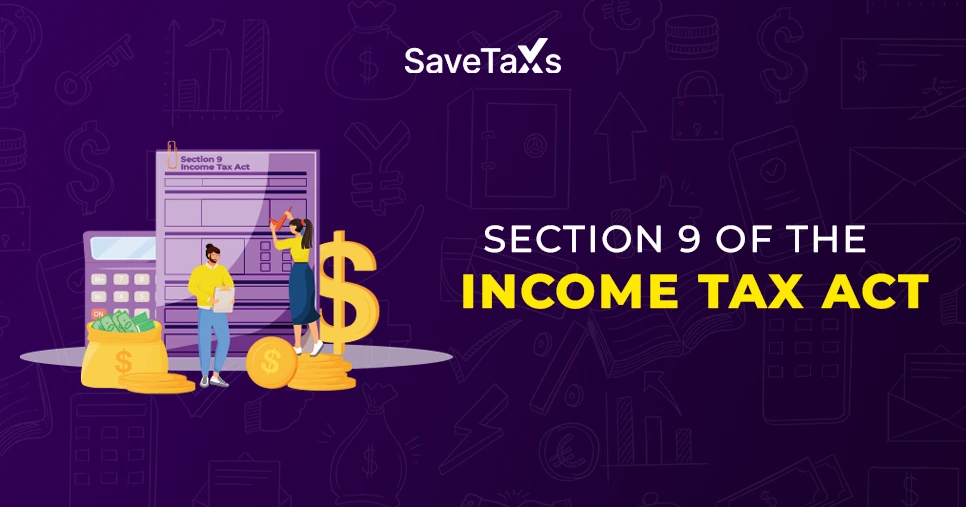
_1753429421.webp )
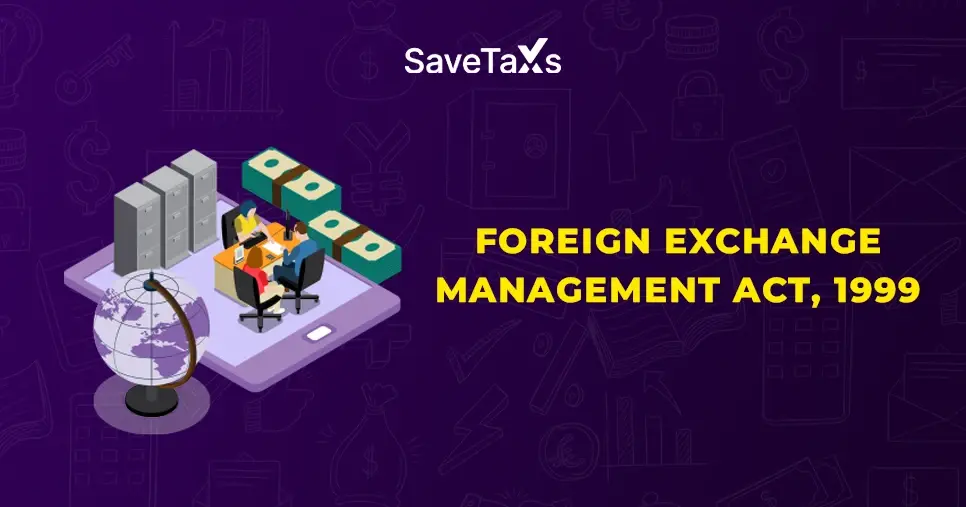
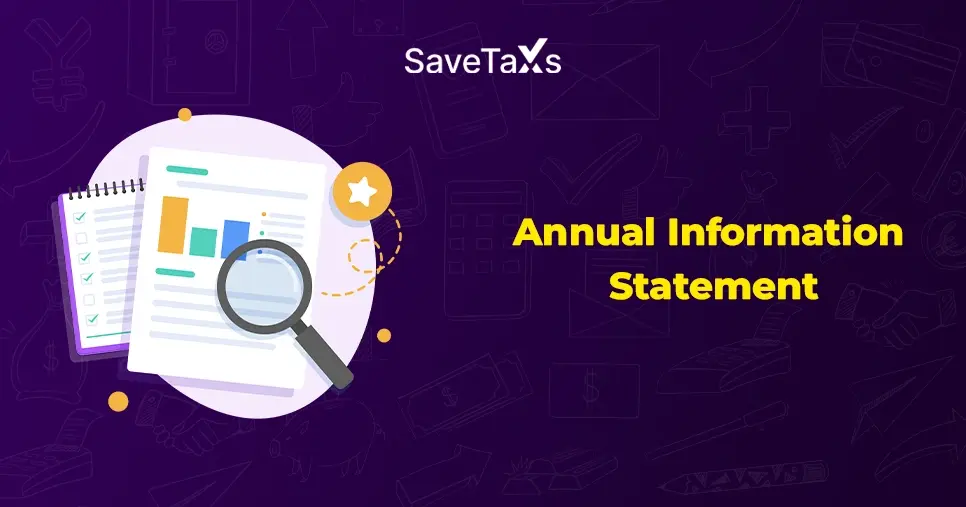
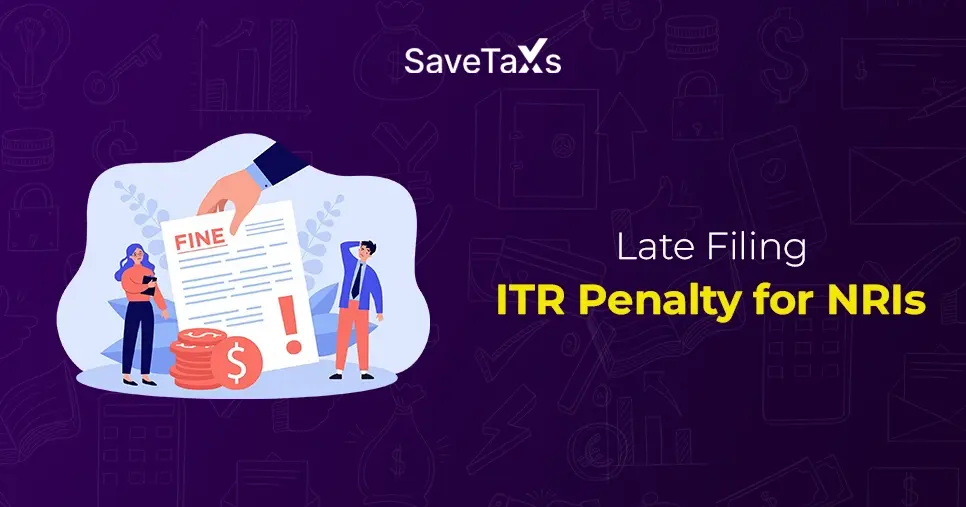
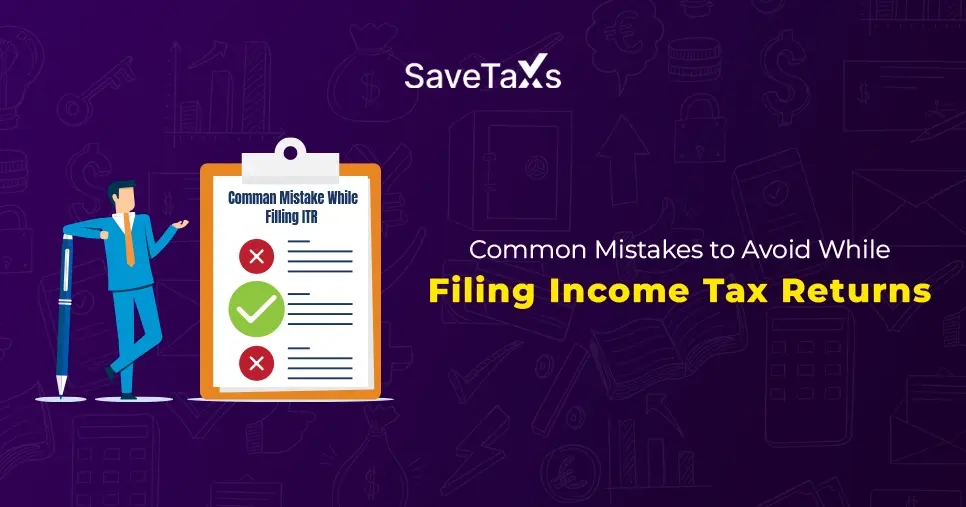
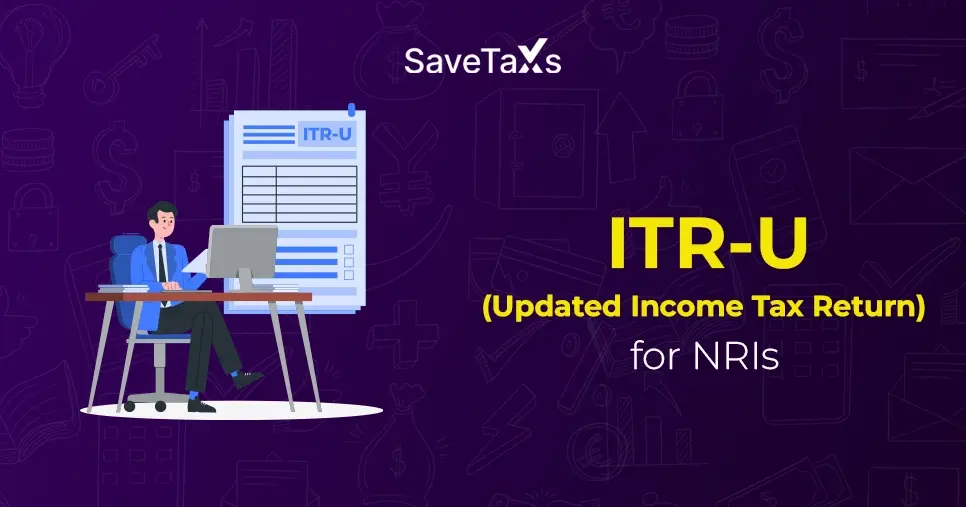
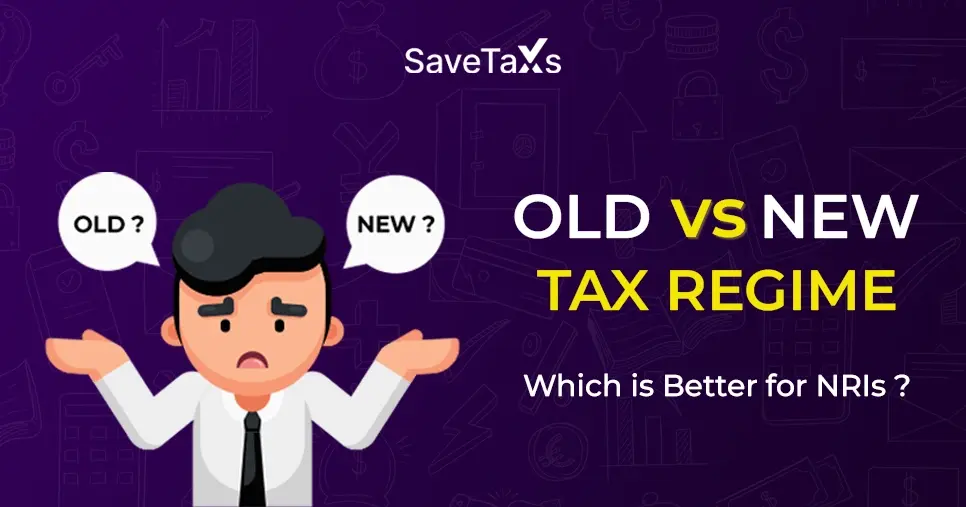
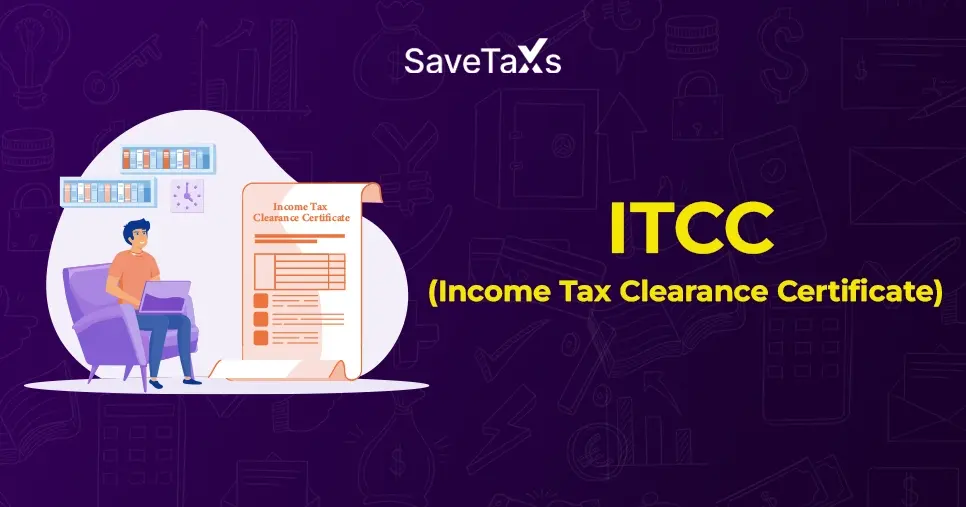
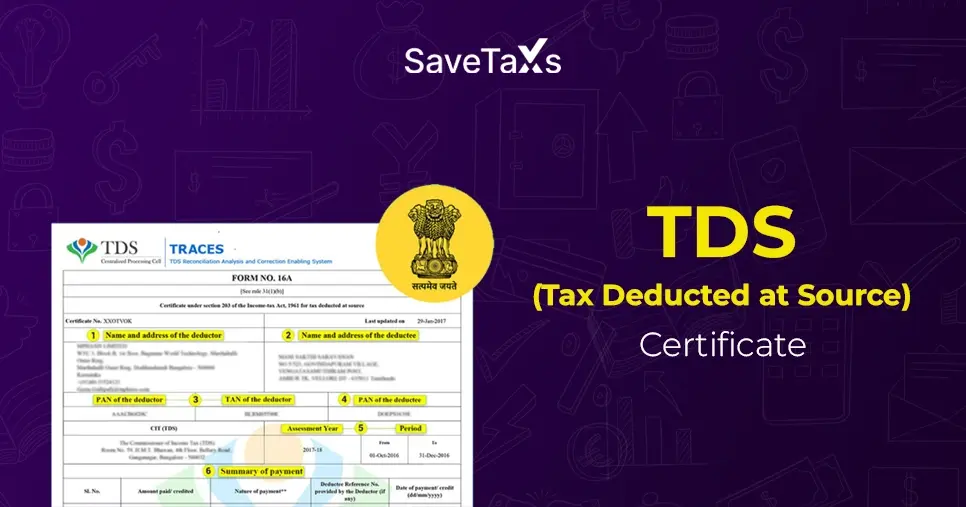
_1754046271.webp )
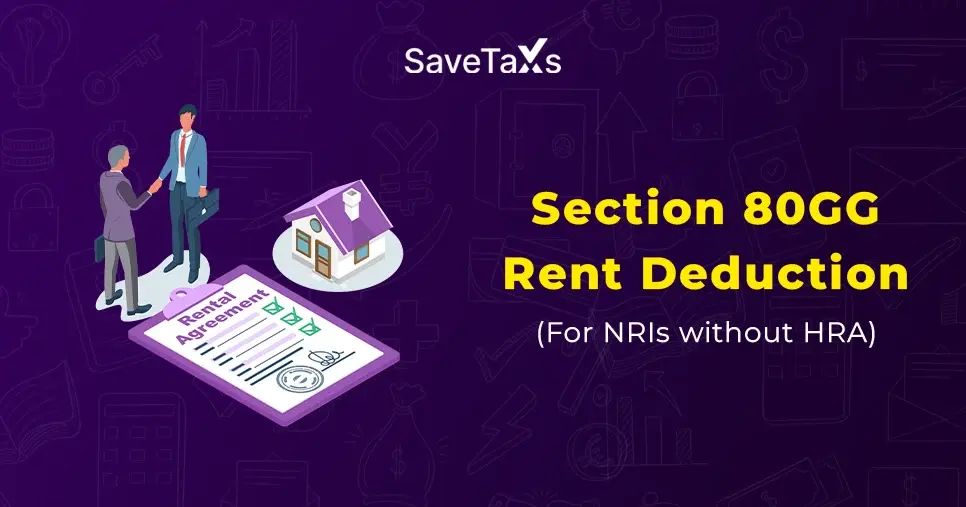
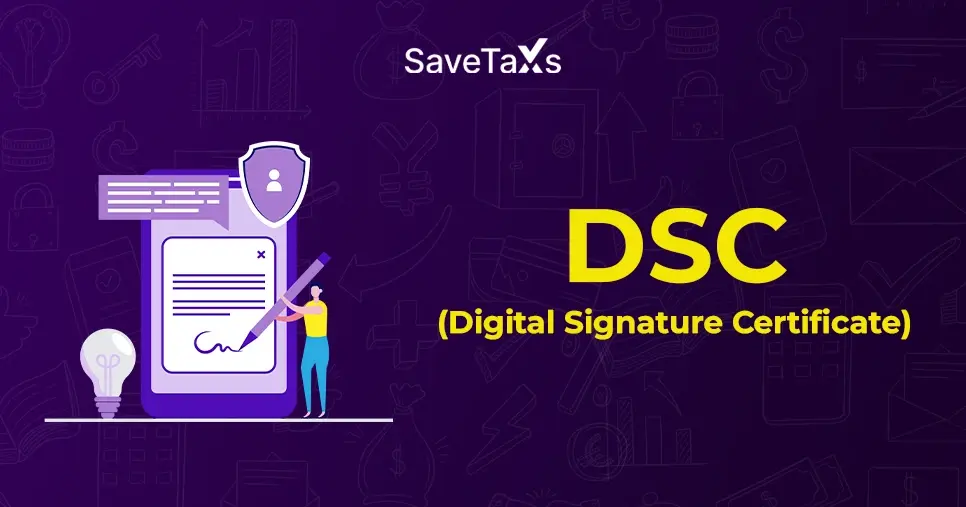
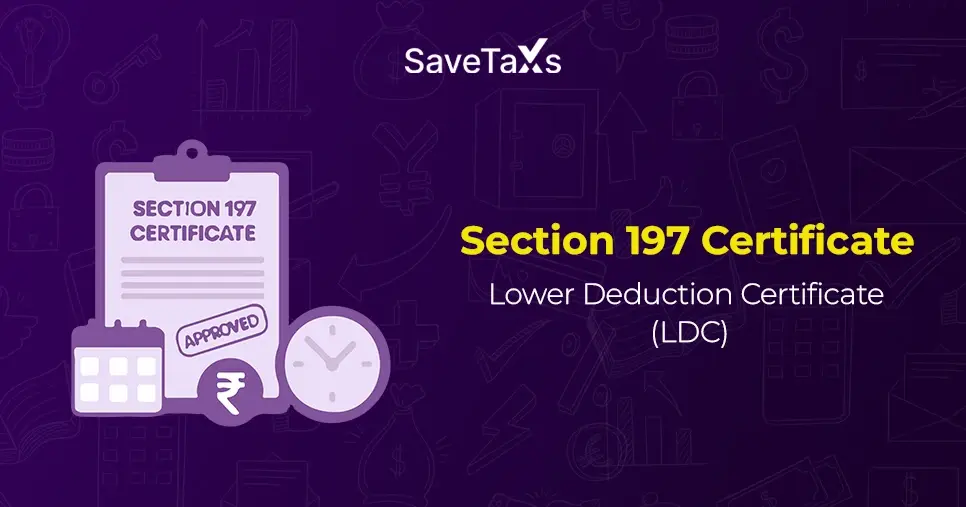
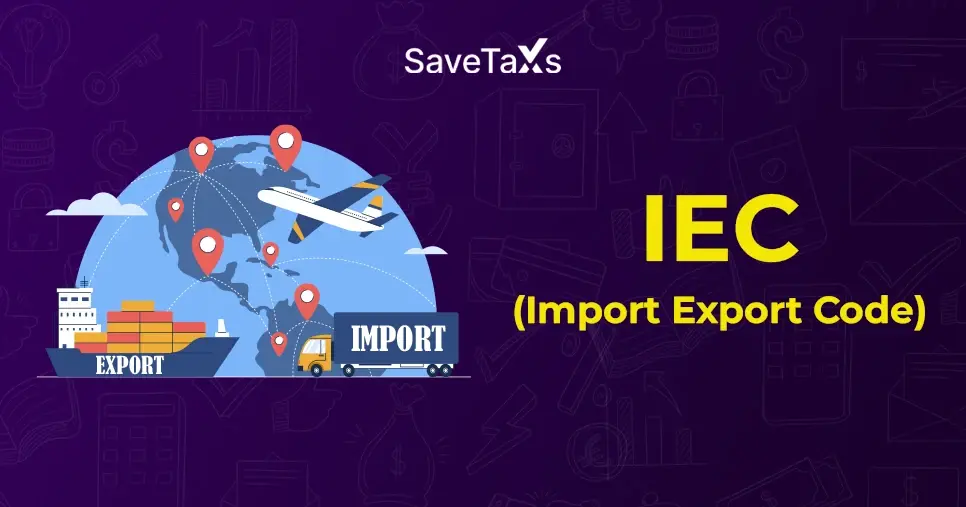
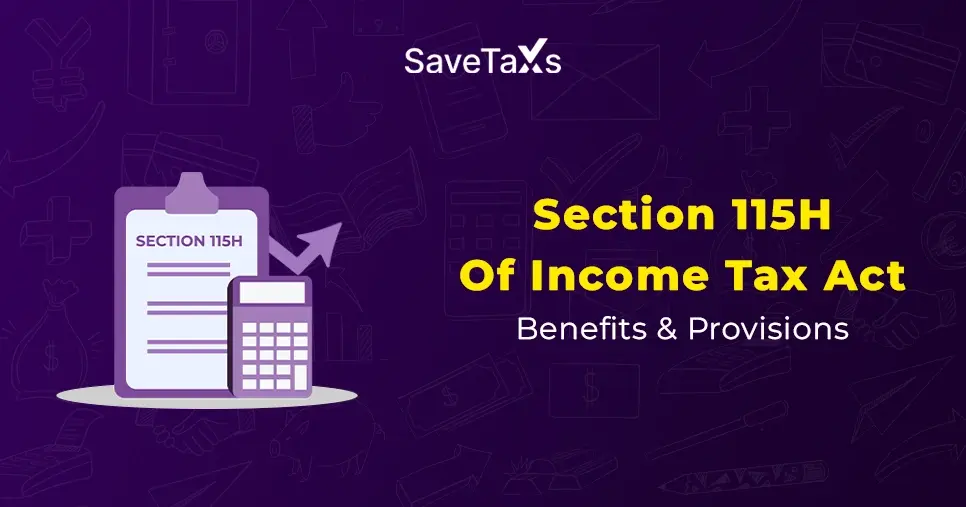
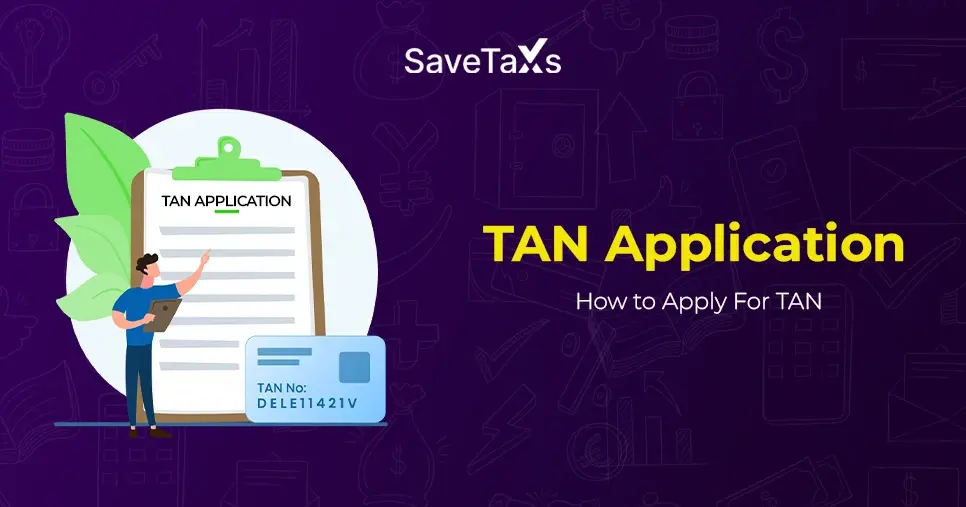
_1754392689.webp )
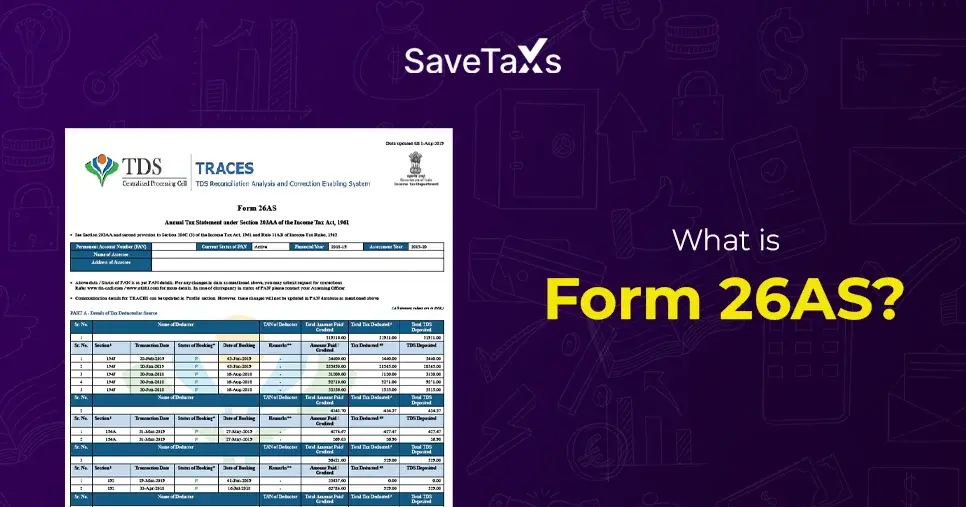
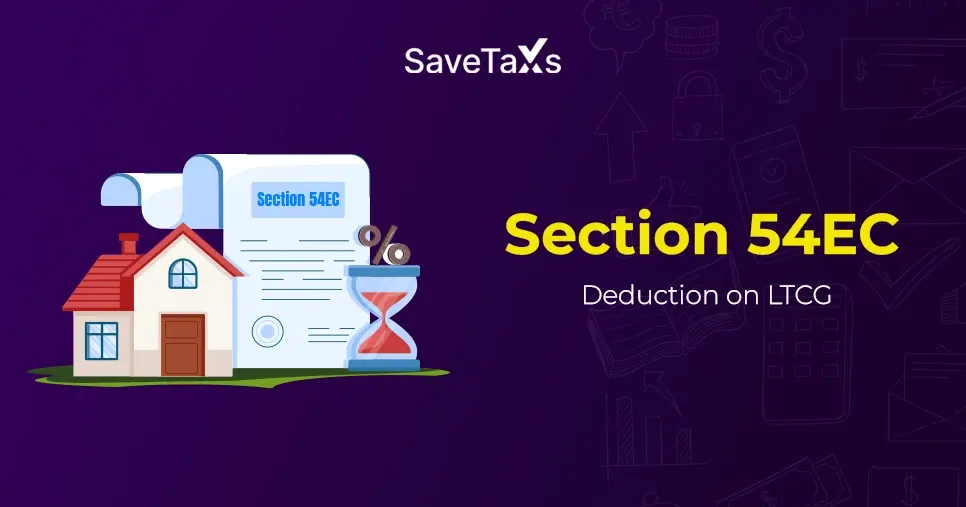
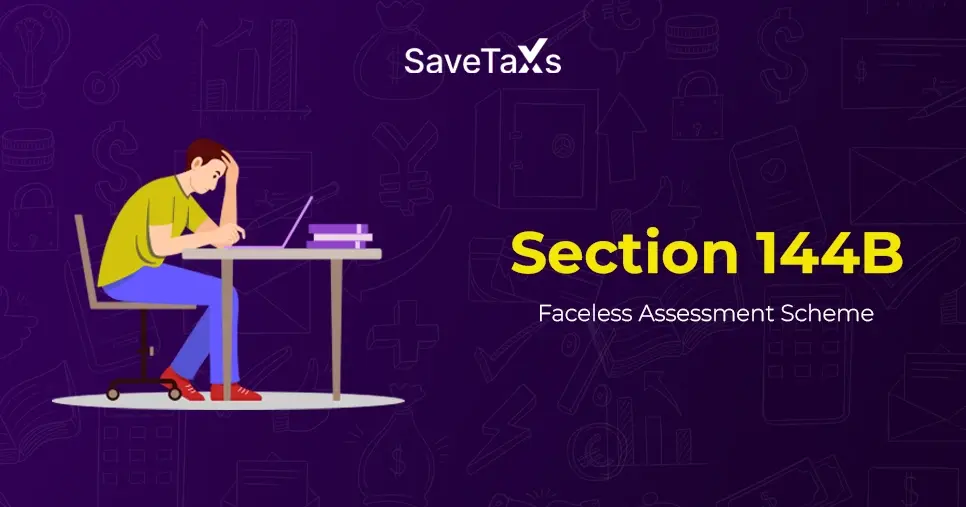
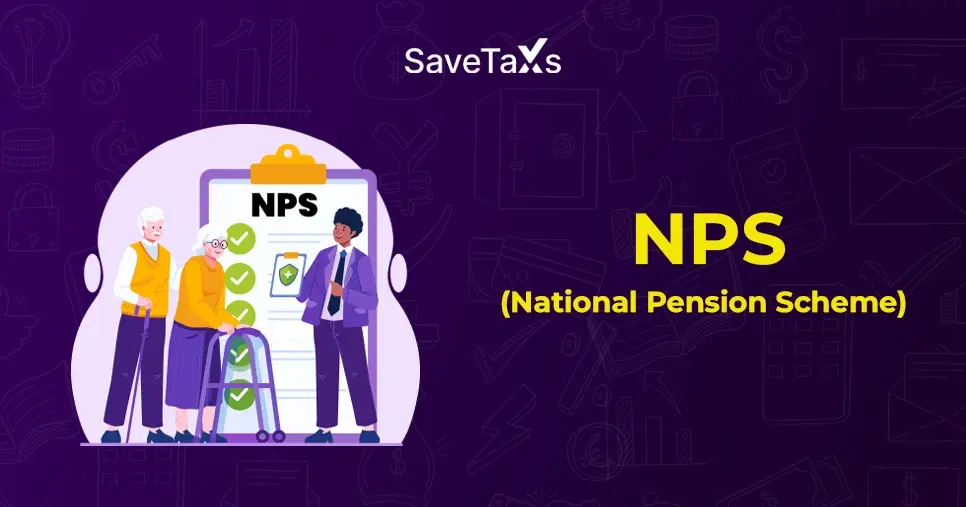
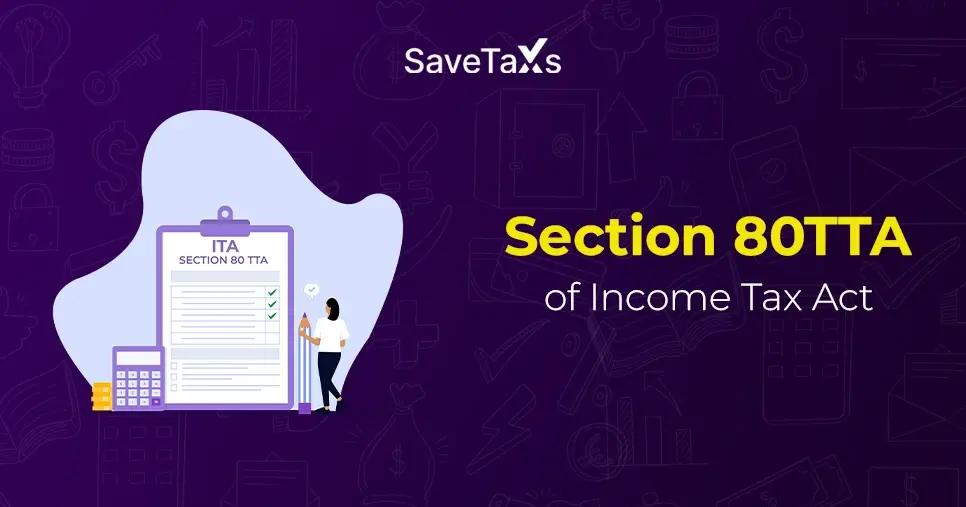
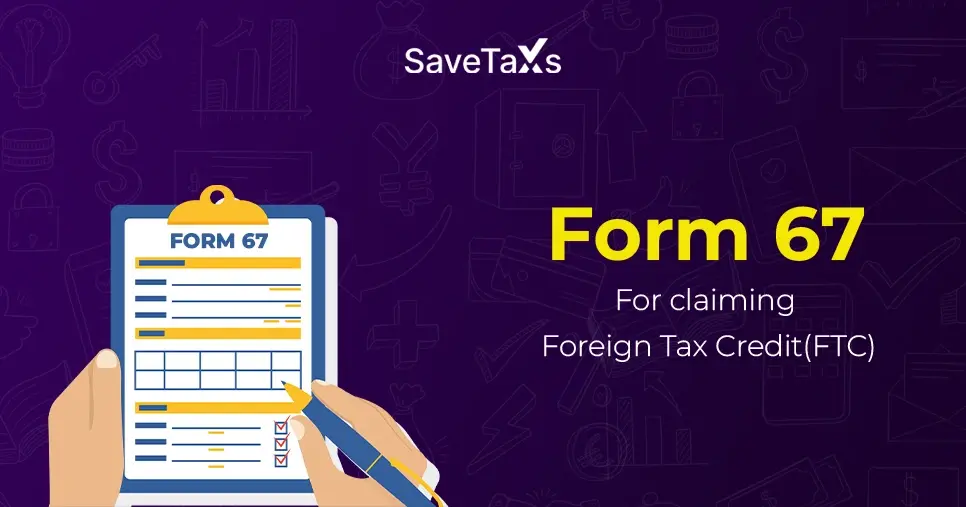
_1754564786.webp )
